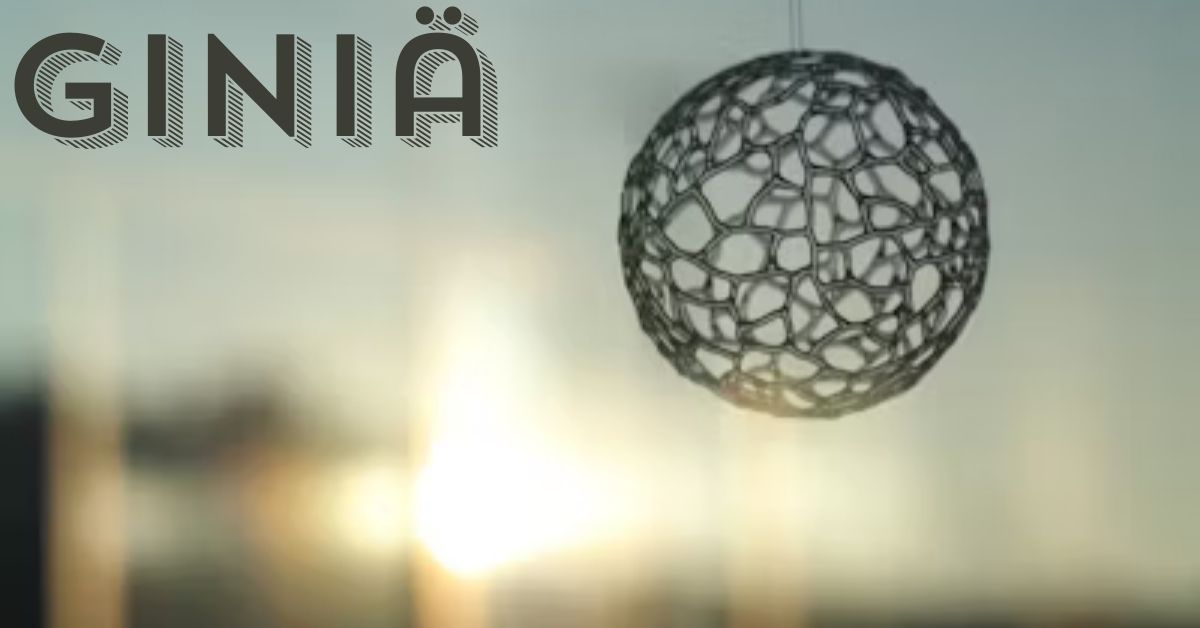7 Tips to Improve Problem-Solving Speed for JEE Maths and Physics!
Cracking JEE is tough. No sugarcoating that.
Maths and Physics can feel like a race against the clock. You might know how to solve a problem, but if it takes you 10 minutes to do one question, that’s not gonna work.
Speed matters. But speed without accuracy? Useless.
So, how do you get faster at solving JEE Maths and Physics problems?
Here’s what I’ve learned from teaching students, watching toppers, and going through the grind myself. These 7 tips to improve problem-solving speed aren’t magic tricks. But they work—if you’re consistent.
And yeah, if you’re looking for help from the best JEE coaching in Nagpur, these are the exact techniques we hammer in every single day.
7 Tips to Improve Problem-Solving Speed for JEE Maths and Physics
1. Learn Concepts, Don’t Memorise Formulas Blindly
If you’re just mugging up formulas and hoping to plug them into problems, you’ll get stuck. Every. Single. Time.
Why?
Because JEE doesn’t test memory. It tests understanding.
Here’s what helps:
- Understand where a formula comes from
- Know why it works
- Practice applying it to different types of problems
For example:
- Don’t just memorise F=maF = maF=ma
- Know what happens when mass is constant but acceleration varies
- Try visualising force as a push or pull and how it relates to motion
This kind of clarity lets you see shortcuts. And that boosts your speed naturally.
2. Practice Mental Math Every Day
Speed isn’t just about solving quickly. It’s about thinking quickly.
You can’t afford to waste time doing long calculations on paper for every small step.
Start building your mental math muscle:
- Do squares up to 40
- Learn cube roots up to 20
- Know common trigonometric values
- Practice fraction-decimal conversions
Even 10 minutes a day helps.
Try this: every time you’re doing a calculation, ask yourself, “Can I do this in my head?” Over time, you’ll surprise yourself.
3. Break Down Problems Into Mini-Steps
Most JEE questions aren’t one question. They’re like mini-puzzles stacked on top of each other.
And if you try to solve the whole thing in one go, your brain freezes.
Instead:
- Break the question into 2–3 steps
- Solve one part at a time
- Don’t jump to the final answer too quickly
Let’s say there’s a kinematics problem with two objects moving in opposite directions. Don’t panic.
Step 1: Write equations for both motions.
Step 2: Find the time they meet.
Step 3: Plug that time back into one of the equations.
This process is slower at first. But once you build the habit, your brain does it automatically—and faster.
4. Solve Previous Year Questions Again (and Again)
You’ve probably heard this before. But here’s why it works.
Previous year questions show you:
- The style of questions JEE likes
- The traps examiners set
- The shortcuts toppers use
Don’t just solve them once and forget.
Here’s a better approach:
- Solve a question
- Check your solution speed
- Try solving it again a week later—this time, faster
- Note where you paused or slowed down
This builds problem pattern recognition, which is a huge part of speeding up. You start spotting similarities without even realising.
It’s one of the most underrated tips to improve problem-solving speed.
5. Time Yourself. Always.
Practicing without a timer is like running a race without a stopwatch.
If you’re not tracking time, you’re not preparing.
Here’s what you can do:
- Pick a set of 10 questions (mix of Maths and Physics)
- Set a timer: 30 minutes
- Solve and mark your time per question
- See where you spent too much time
This is how you find your weak spots. Maybe you’re slow with integration. Or maybe motion in a plane takes you forever.
Once you know, you can fix it.
By the way, this is something we do every week at the best JEE coaching in Nagpur. Weekly timed sessions. No exceptions.
6. Revise Mistakes, Not Just Concepts
Everyone talks about revising formulas and theory. That’s important. But what about your mistakes?
If you don’t go back and fix them, you’ll keep repeating them.
Create a mistake journal. Yeah, sounds boring, but it works.
Here’s how:
- After every test or mock, write down 3 things:
- What was the mistake?
- Why did it happen?
- How will I avoid it next time?
For example:
- Mistake: Didn’t convert units in a Physics question
- Why: Rushed through the data
- Fix: Highlight units before starting the solution
Over time, you’ll make fewer silly mistakes. That’s a direct boost to both speed and accuracy.
7. Switch Between Easy and Tough Questions Smartly
Don’t get emotionally attached to a question. It’s not your friend.
If you’re stuck for more than 2 minutes, mark it and move on.
This one habit can change your whole performance.
In actual JEE papers, toppers don’t solve everything in order. They:
- Solve 60–70% of questions fast (the low-hanging fruit)
- Come back to the tougher ones later
It’s about momentum. When you’re solving fast, your brain stays sharp. If you slow down too early, fatigue kicks in.
Want to test this? Try a mock test and switch up your question order. You’ll notice the difference.
How Coaching Makes a Difference
Let’s be honest. Doing all this alone isn’t easy.
Having the right coaching support means:
- You’re guided on what to practise and when
- You get curated practice questions
- You’re pushed in the right way
At our center in Nagpur, we’ve seen students improve their problem-solving speed in just 2-3 months of focused practice. It’s not about doing more questions. It’s about doing the right ones.
And being around other students pushing themselves? That helps too.
If you’re serious about cracking JEE, don’t just look for a coaching institute. Look for mentors who push you to solve faster and smarter.
There’s no shortcut to getting faster. But there is a method.
Let’s recap the 7 tips to improve problem-solving speed for JEE Maths and Physics:
- Understand concepts deeply
- Build mental math habits
- Break down problems
- Redo the previous year’s questions
- Time every practice session
- Revise mistakes consistently
- Be smart about which questions to attempt first
And remember, even if you’re slow right now, that’s okay.
Speed is a skill. Like any skill, it takes time. You build it question by question.
So keep showing up. Keep solving.














